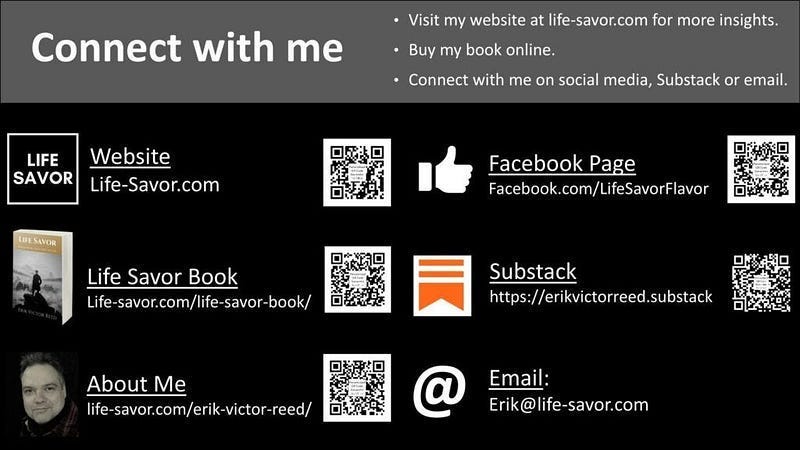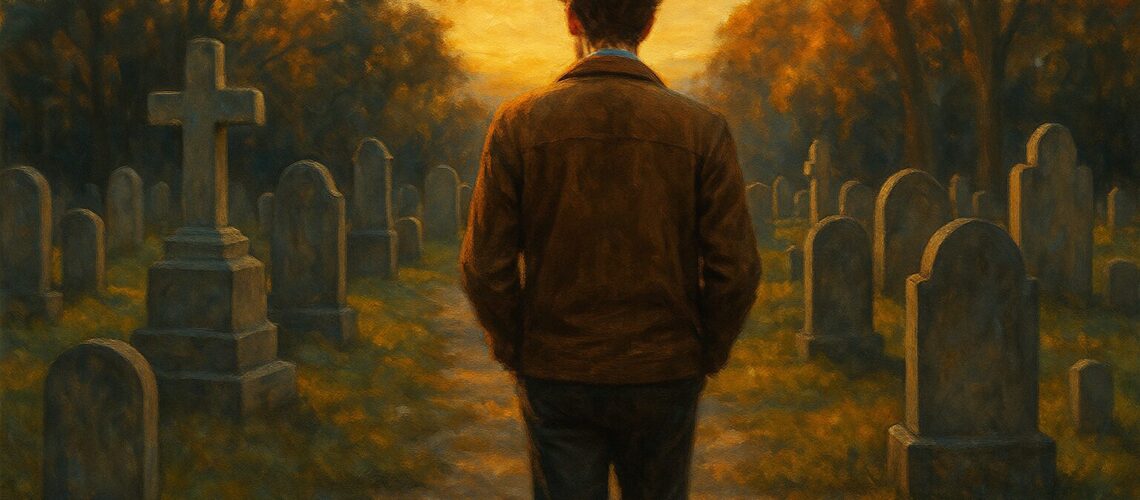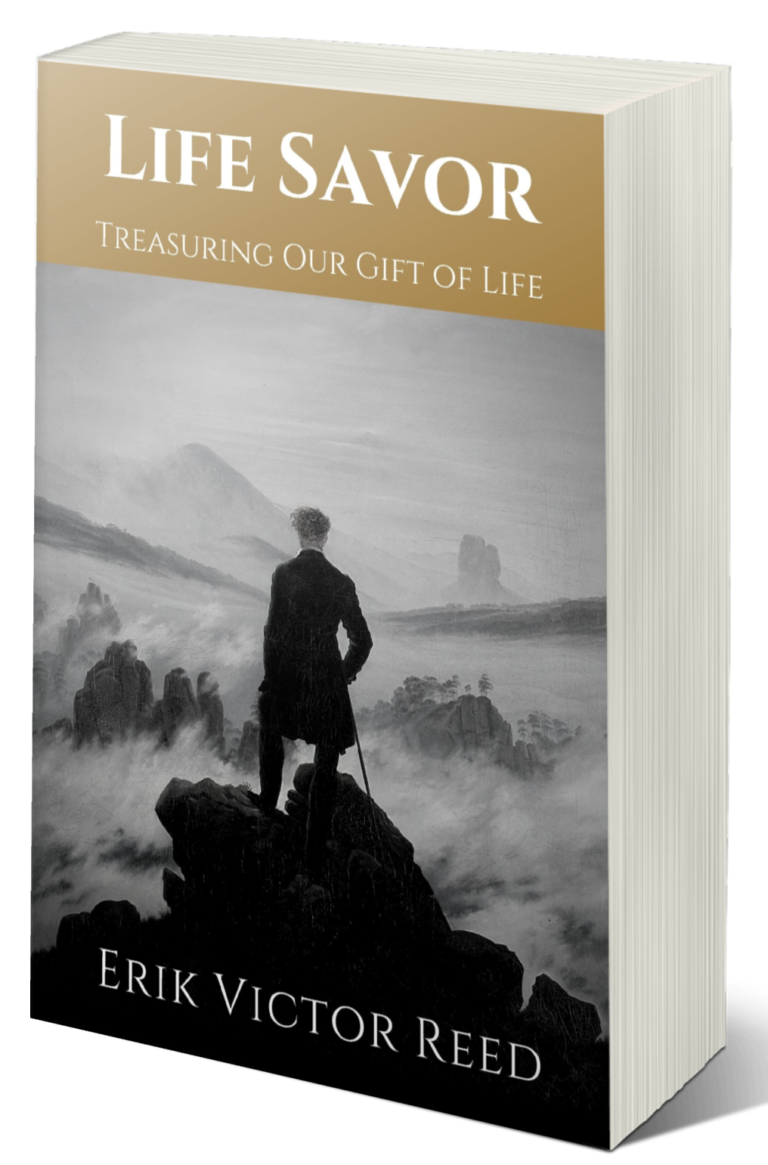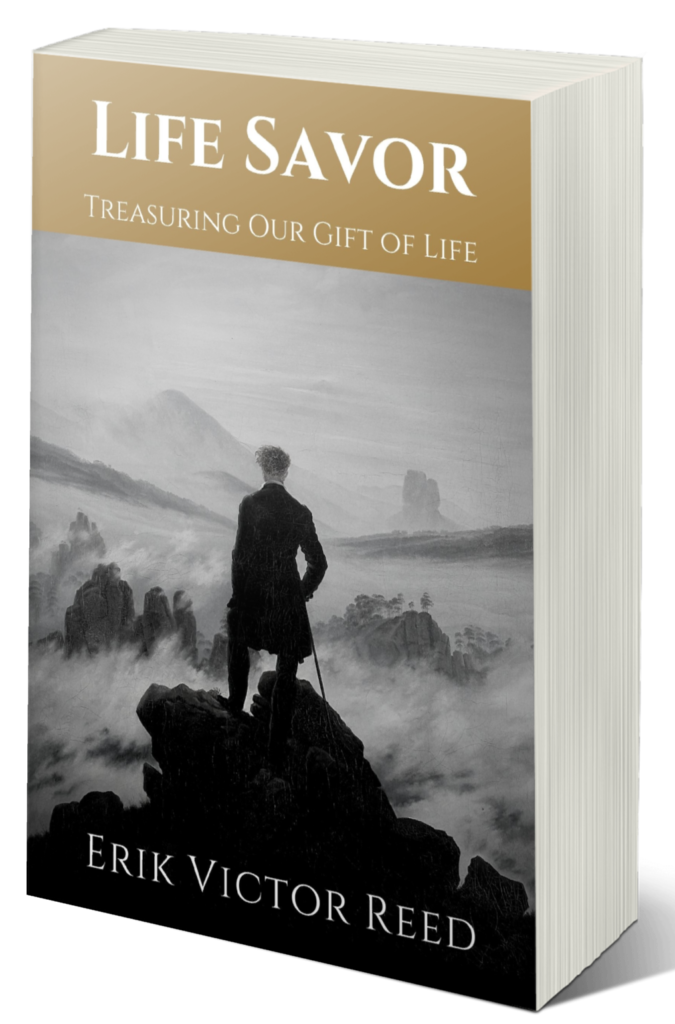Three voices on mortality awareness
1. Dead Poets Society: Make Your Lives Extraordinary
“Carpe diem. Seize the day, boys. Make your lives extraordinary.”
Robin Williams’ unforgettable line in Dead Poets Society is more than cinematic inspiration. It’s an urgent truth. The students in that film stared at photographs of young men long dead, and realized they too would soon be only memories.
So will we.
Carpe diem doesn’t mean living recklessly. It means living attentively, with reverence for our brief time. It’s choosing to see today not as practice but as performance.
The extraordinary life is not necessarily glamorous. It may mean building love, creating art, contributing quietly. What makes it extraordinary is not fame but fullness.
Reflection: What would make your life extraordinary, not by others’ applause but by your own measure?
2. John Izzo: The Regret of the Dying
John Izzo, in The Five Regrets of the Dying, recounts a common refrain: “I wish I had lived truer to myself, not the life others expected of me.”
Mortality strips away illusions. At the end, people rarely regret failing to meet cultural expectations. They regret neglecting their own passions, deferring their own dreams, silencing their own voices.
Izzo’s interviews remind us that the risk of authenticity pales beside the cost of regret. Mortality clarifies: our lives are not endless, and living for others’ approval wastes the only one we have.
Reflection: Where might you be living someone else’s story instead of your own?
3. Gregory James Upson: Death as Teacher
Philosopher Gregory James Upson wrote: “Death is the great teacher. It reminds us that the time for living is now, not later.”
This is the paradox of mortality: the end that terrifies us is also the thing that can awaken us. Death, far from being only an enemy, can be an ally — the teacher that urges us to stop waiting and start living.
Upson’s reminder is simple but fierce: the time for living is now. Living later is a delusional escape from living.
Reflection: If today were your teacher, what lesson would it press into you?
A Thread Through All Three
- Dead Poets Society says: Make life extraordinary, because it ends.
- Izzo says: Be true to yourself, because time is short.
- Upson says: Live now, because later may not come.
Each voice insists that mortality isn’t morbid. It’s clarifying. It sharpens priorities, fuels courage, and presses us into gratitude.
The Cemetery Walk
Picture walking through a cemetery at dusk. Each stone holds a name, a span of years, a life that once pulsed with hopes and loves. You pause and realize: one day, your stone will stand among them.
It could feel heavy. But it can also feel liberating. Because the reminder that life is finite is also the reminder that today is available. Today is ours.
Closing Thought
Mortality is not just the end of life. It is a frame that enhances life’s beauty and value.
When we remember that our time is limited, we stop wasting it. We seize days. We live true to ourselves. We treat each sunrise as urgent.
So let the voices echo: Carpe diem. Live true. Live now.
Because death is not just the teacher of endings. It is the teacher of beginnings — the one that says: this day, this moment, this chance to be alive, is your gift.
For more like this, visit the broader project at life-savor.com, or explore the Life Savor book itself.
To learn more about Life Savor’s philosophy,
read Life Savor: Treasuring Our Gift of Life by Erik Victor Reed.








